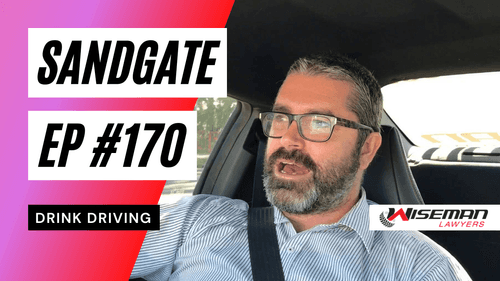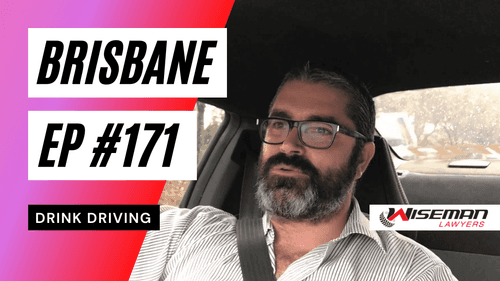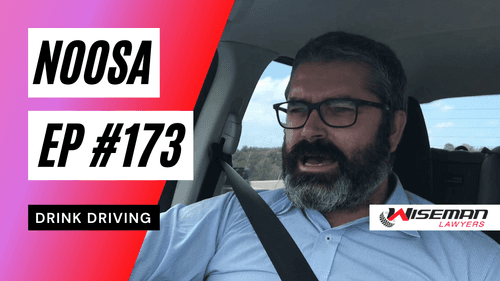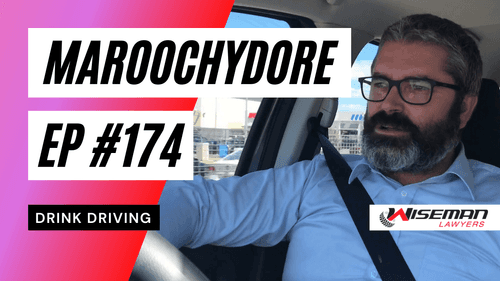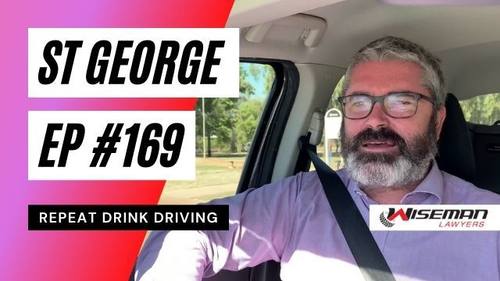
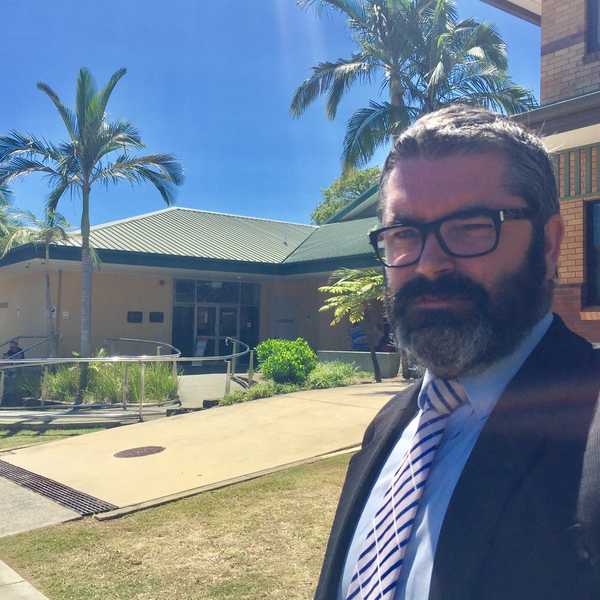
I appeared at Wynnum Magistrates Court again recently, representing a client charged with Dangerous Operation of a Motor Vehicle Whilst Adversely Affected by an Intoxicating Substance.
The short version is they were charged with Dangerous Driving with a blood alcohol concentration of 0.212, after having caused a multi vehicle collision on the Gateway Motorway.
My client was also charged with Unlicensed Driving, and they had a lengthy history, including several interstate DUI Drink Driving offences.
For the Dangerous Driving charge, my client faced a maximum penalty of 5 years imprisonment, 400 penalty units and a lifetime licence disqualification.
For the Unlicensed Driving charge, my client faced a maximum penalty of 1 year imprisonment, 40 penalty units and a lifetime licence disqualification.
Section 187 of the Penalties & Sentences Act allows Magistrates to hand down lifetime driver's licence disqualifications.
My job here was not one of saving my client's licence, it was one of persuading the Magistrate to allow my client to go home.
The circumstances of the offence, the charge itself, and my client's history all made imprisonment the only option.
That said, when deciding how to deal with Dangerous Driving offenders, the courts have a number of options available.
A suspended term of imprisonment means that the client does not actually go to jail, but the term of imprisonment hangs over their head for a set period.
If the person returns to court for any other offence punishable by imprisonment during the set period, which a lot of seemingly minor offences are, the Magistrate has 2 options.
The Magistrate can either extend the length of the suspension period, in other words extend the period during which the term of imprisonment hangs over the person’s head, or activate the term of imprisonment.
Alternate to a suspended term of imprisonment, the Magistrate can hand down an intensive correction order, impose a term of imprisonment with immediate parole, or incarcerate the person by physically sending them to jail for a period.
An intensive correction order is a form of imprisonment which is served within the community.
Persons on an intensive correction order must report to the Probation & Parole office during their ordered period, and comply with any directions given.
If a person breaches an intensive correction order, by committing another offence or failing to comply with any given directions, they will be brought back before the court and resentenced for their original offence.
Imprisonment with immediate parole means that the client does not physically go to jail, but technically according to their record they did, however their court date is their release date.
Persons on parole must also report to the Probation & Parole office during their set parole period.
If a person breaches parole, by committing another offence or failing to comply with any given directions, they will be immediately imprisoned for the remainder of their prison term
Magistrates also have the option of imposing a term of actual imprisonment.
I drafted detailed written summaries of the relevant case law.
I had my client obtain multiple character references, based on a template which I had earlier provided.
I had my client complete 2 reformatory courses, which went some way to show that my client had learned from their mistake.
I made comprehensive verbal submissions to the Magistrate.
The Presiding Magistrate did indicate that they were seriously considering a term of actual imprisonment.
However, I was ultimately able to persuade the Magistrate that a Wholly Suspended term of imprisonment was appropriate.
My client and I left the courthouse together, and he got to go home.
Needless to say, my client was extremely relieved.
Wiseman Lawyers specialise in Disqualified Driving, DUI Drink Driving and Traffic Law.
Regards
Andrew Wiseman, Wiseman Lawyers

Wiseman TV
Watch over 200 court ride along videos. Access over 10 hours of free content.


